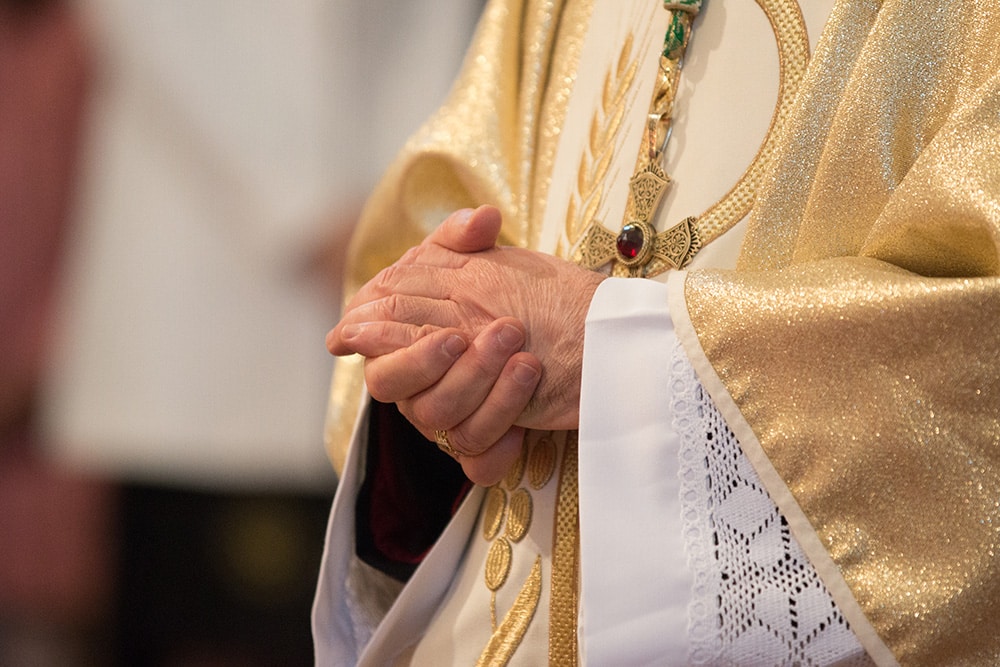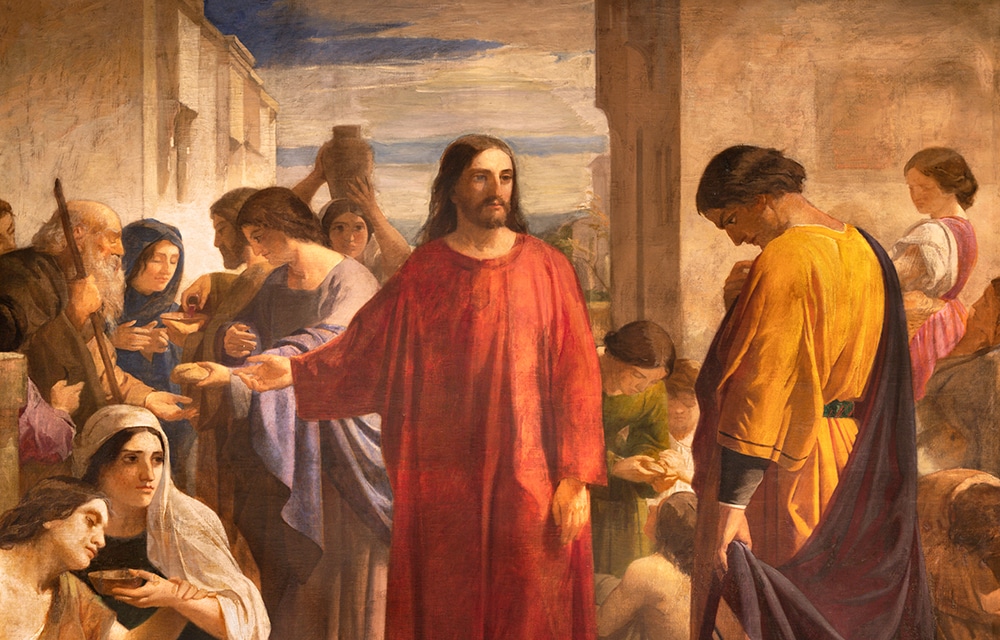 Question: As a Catholic and a health care worker for 25 years, I am intrigued by patients sharing NDEs (near-death experiences). They report seeing the white light, being at peace in heaven, reuniting with long lost relatives, and even meeting Jesus. What are we to make of these experiences?
Question: As a Catholic and a health care worker for 25 years, I am intrigued by patients sharing NDEs (near-death experiences). They report seeing the white light, being at peace in heaven, reuniting with long lost relatives, and even meeting Jesus. What are we to make of these experiences?
— K.F., Northridge, California
Answer: Near-death experiences (NDEs) are reported consistently enough to merit attention. You report some of the common features of light, a long tunnel, a sense of deep peace, the beauty of heaven and even reunions. There are no official Church teachings on NDEs. We cannot be sure if these experiences are real or if they are rooted in some sort of psychological or physiological consequences as the effects of the dying process set in.
There are, however, some details that seem at odds with the Biblical accounts of what happens after we die. The Scriptures do not say we die and at once experience the pleasantries of heaven. Rather, our first destination is the judgment seat of Christ (cf. 2 Cor 5:10, Heb 9:27). Further, St. Paul describes a kind of fire that both purifies us and burns away any imperfections: “[The judgment day] will be revealed with fire, and the fire [itself] will test the quality of each one’s work. If the work stands that someone built upon the foundation, that person will receive a wage. But if someone’s work is burned up, that one will suffer loss; the person will be saved, but only as through fire” (1 Cor 3:13-15)
Hence, Scripture does not present dying as mere or immediate pleasantries. Why do most NDEs skip these steps if they are authentic? Further, most NDEs relate only heavenly rewards but almost never depict one departing toward hell as Scripture attests will be the lot of many (cf. Mt 7:13-14).
Hence, it is difficult to formally assess NDEs other than to say that a small number of people report them. We do better to stick to what God has revealed and prepare for a holy death.
Job’s marriage
Question: In the ways Satan chose to attack Job, things outside his physical being and then his physical being, his marriage was not mentioned. That leads me to one of two conclusions. Either the marriage was so sacred that God would not allow Satan to touch it, or that Satan did not consider the marriage worth bothering about. Am I missing a third reason? Job had more children later in life, so I assume his marriage survived the satanic attacks.
— Lee Marks, Waterloo, Iowa
Answer: Job’s marriage, and in particular his wife, is mentioned, as we shall see. However, we ought not presume that his marriage is not also included in the rather extensive description of his family in the opening chapters. In the modern world, we tend to distinguish too sharply between the spouses and the family. But, in the biblical mind, these were seen more as one. So, to hear the family descriptions of Job and his children, is also to describe a marriage that is fruitful and, to some degree, successful. God says of Job that “there is no one on earth like him, blameless and upright, fearing God and avoiding evil” (Job 1:8). Further, we learn that he is faithful to his wife, entertaining no thoughts of a maiden (cf. Job 31:1).
Like any marriage, Job’s marriage was not without tensions. A rather unflattering moment for his wife is given in the second chapter: “Then his wife said to him, ‘Are you still holding to your innocence? Curse God and die!’ But he said to her, ‘You speak as foolish women do. We accept good things from God; should we not accept evil?’ Through all this, Job did not sin in what he said” (Job 2:9-10).
What to make of this outburst? It seems she has had enough of Job’s complaints and protests of his innocence. Is this a momentary irritation or is it indicative of a more troubled marriage? Is his wife a woman of faith or merely a scoffer? We cannot say. But even imperfect marriages are still marriages, and Job and his wife have made a way in a troubled world and continue to do so when the crisis has passed. And this is a good lesson for married couples everywhere who live with an imperfect spouse and are imperfect as well. Every marriage has low points, moments of strife and moments where hurtful things are said. But in all this, Job and his wife still make a way by God’s grace.
Msgr. Charles Pope is the pastor of Holy Comforter-St. Cyprian in Washington, D.C., and writes for the Archdiocese of Washington, D.C. at blog.adw.org. Send questions to msgrpope@osv.com.







